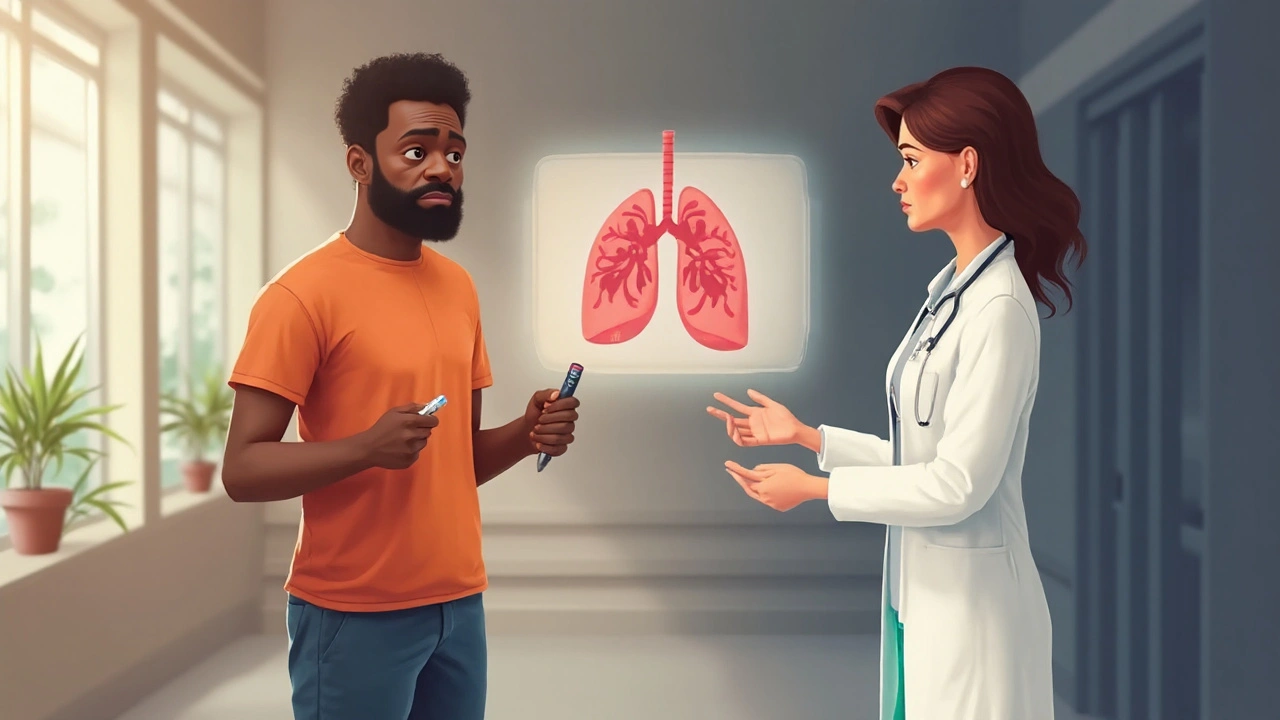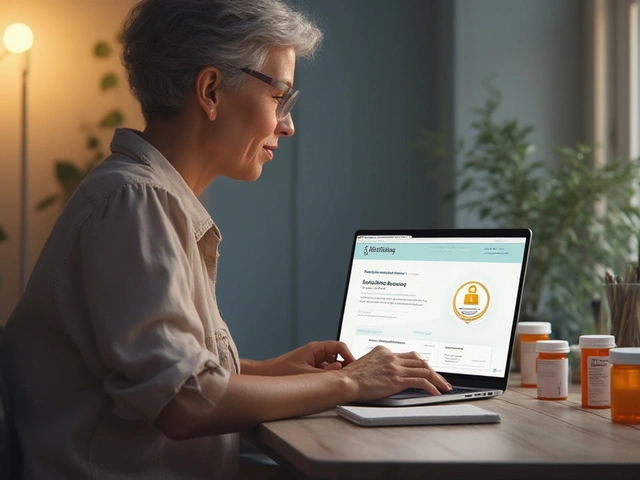TB in Diabetic Patients: What You Need to Know
If you have diabetes, you might wonder why a lung infection like tuberculosis (TB) matters to you. The short answer: high blood sugar weakens the immune system, making it easier for TB bacteria to take hold. That means a diabetic person can catch TB more often and have a tougher time fighting it off.
Why Diabetes Increases TB Risk
Diabetes messes with several parts of your body's defense. It lowers the ability of white blood cells to find and kill germs, and it creates an environment where TB bacteria can hide. Studies show that people with diabetes are two to three times more likely to develop active TB than those with normal sugar levels. Even if you keep your diabetes under control, the extra risk stays, so staying alert is key.
Spotting TB Symptoms Early
TB doesn’t always scream “I'm here!” at first. Early signs can look like a lingering cough, night sweats, fever, or weight loss. For diabetics, these symptoms might blend with other health issues, so it’s easy to ignore them. If a cough lasts more than three weeks, or you feel unusually tired despite good blood sugar numbers, it’s time to get checked.
Chest pain, coughing up blood, or a fever that won’t go away are red flags. Don’t wait for a perfect match of symptoms – see a doctor as soon as something feels off. Early diagnosis not only improves your chances of beating TB, it also protects the people around you.
Doctors will usually do a sputum test (checking the mucus you cough up) and a chest X‑ray. If you’re diabetic, they might also run a blood sugar check to see how well you’re managing both conditions at once.
Once TB is confirmed, treatment follows a standard 6‑month antibiotic plan, but diabetes adds a few twists. Some TB drugs can affect blood sugar, making you more prone to highs or lows. Your doctor may adjust your diabetes medication and keep a closer eye on your glucose levels throughout the treatment.
Sticking to the full course of antibiotics is non‑negotiable. Stopping early can lead to drug‑resistant TB, which is harder to treat and can spread more easily. Set reminders, use a pill organizer, and talk to your pharmacist about any side effects that make you want to quit.
While you’re on TB meds, keep your diabetes routine solid: eat balanced meals, monitor glucose twice a day, and stay active if you can. Simple things like drinking enough water and getting enough sleep help both infections and sugar control.
In summary, having diabetes puts you at higher risk for TB, but knowing the warning signs and staying on top of treatment can keep you healthy. Talk to your health team if you notice any lingering cough or unexplained weight loss – early action saves time, medicine, and health.
How Diabetes Increases the Risk of Pulmonary Tuberculosis - What You Need to Know
Explore how diabetes raises the chance of pulmonary tuberculosis, the biological reasons, clinical signs, treatment tips and public‑health impact in plain language.






